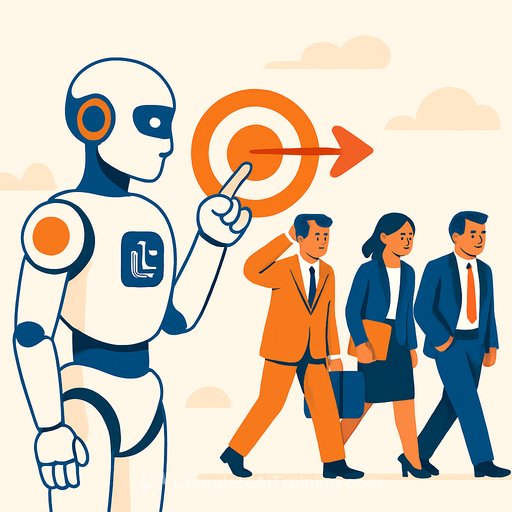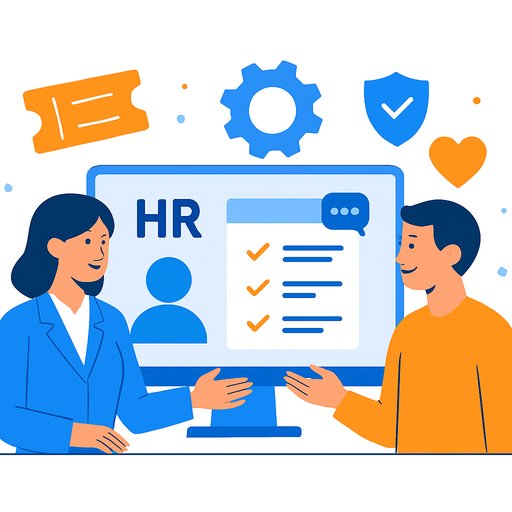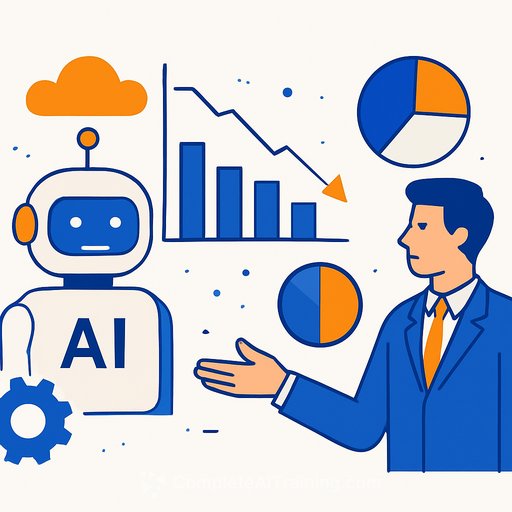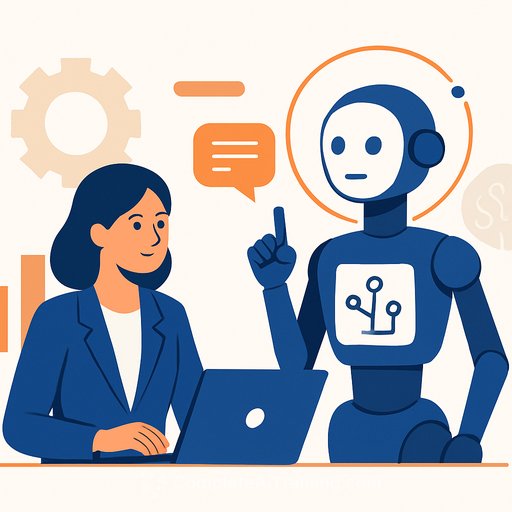AI's Impact on Jobs: A Warning from Mo Gawdat
Mo Gawdat, a former senior executive at Google X, has raised serious concerns about how artificial intelligence will affect employment across all levels—including top executives. According to Gawdat, AI is not going to create new jobs. On the Diary of a CEO podcast, he bluntly stated, “The idea that artificial intelligence will create jobs is ‘100% crap.’”
He illustrated this by referencing his own AI startup, Emma.love, which was developed by just three people using AI tools—a project that once would have required 350 developers.
No Immunity for Executives or Specialists
Gawdat warned that no role is safe. Jobs that many believe require a human touch—CEOs, podcasters, video editors—are at risk. He echoed predictions from Bill Gates, who suggested doctors and teachers may also be replaced by AI systems.
Artificial general intelligence, Gawdat said, will outperform humans at everything, including leadership roles. “There will be a time where most incompetent CEOs will be replaced,” he added.
AI Adoption Is Growing, and So Is Upskilling
Despite these warnings, some business leaders see AI as an opportunity. Mark Cuban and Jensen Huang emphasize the importance of AI literacy combined with soft skills to stay competitive. Cuban, for example, runs a free AI boot camp for kids, while Huang’s company develops software and chips for generative AI.
Both leaders actively use AI for tasks like drafting content, managing emails, and even obtaining medical advice.
The World Economic Forum’s 2025 Future of Jobs report shows a mixed approach globally:
- 41% of employers plan to downsize due to AI (48% in the US)
- 77% intend to upskill employees to work alongside AI
- 47% are transitioning workers from declining roles into new positions
Potential Societal Benefits and Risks
Gawdat also shared a broader view. He suggested AI could free people from defining their identity purely by work. “We were never made to wake up every morning and just occupy 20 hours of our day with work,” he said. “We defined our purpose as work. That’s a capitalist lie.”
He believes this shift will require universal basic income—regular payments to citizens without work requirements—to support those displaced by AI.
However, he warned about the risks if AI falls under poor leadership. “The other caveat to this ‘utopia’ is the potentially dangerous consequences of the ‘hunger for power, greed and ego’ as AI bots report to ‘stupid leaders.’”
“This is real,” Gawdat emphasized. “This is not science fiction.”
What HR Professionals Should Take Away
For human resources teams, these insights highlight the urgent need to rethink talent strategies. Preparing your workforce for AI means focusing on upskilling and reskilling programs that enable employees to collaborate with AI tools effectively.
Understanding which roles are at risk and creating pathways for transition will be critical. Offering continuous learning opportunities related to AI literacy can provide a competitive edge and help retain talent.
Explore AI-related training options to future-proof your workforce. Platforms like Complete AI Training offer courses tailored to different skill levels and job functions, making it easier to implement effective upskilling programs.
Your membership also unlocks:






